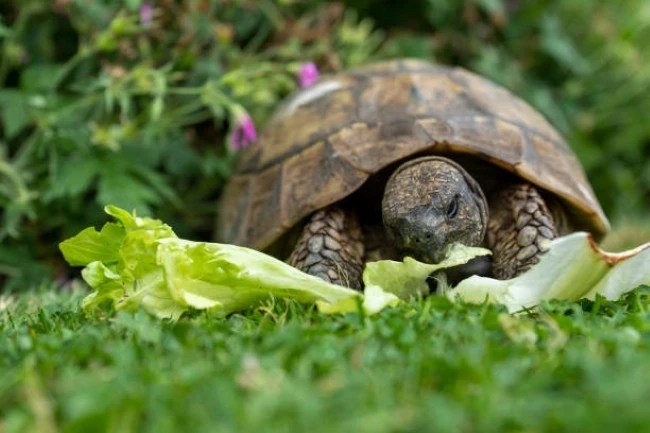The number of people keeping reptiles as pets continues to grow. Despite some negative publicity from snake roundups in which rattlesnakes are beaten, taunted and sometimes stomped on, most reptile/exotic owners are responsible.
Still, some organizations spend millions each year trying to pass laws restricting the ownership of exotic animals. These groups cite fears, mistruths and misconceptions about reptiles to achieve their goals.
They’re Cool
Reptiles are a fascinating animal group, from crocodiles to snakes to lizards. Their special skin is usually made of scales, bony plates, or a combination of both. They are ectothermic, meaning they rely on the temperature of their environment to power their internal physiology. Snakes and lizards “fuel up” by basking in the sun on hot days, and they cool down by retreating into the shade on cooler ones.
Unlike mammals and birds, reptiles do not need to be fed as often, and they are less demanding of human attention in general. This makes them a good choice for people who don’t have time or space for a pet that requires a lot of interaction.
Reptiles can also be a great pet for people with allergies, since they don’t shed fur that might trigger them. In addition, they do not require a litterbox or wee-wee pads. Sneak a peek at this web-site to find out a full report on reptiles.
They’re Unique
Reptiles are air-breathing vertebrates covered in special skin made of scales, bony plates or a combination of both. They also regularly shed their skin. They don’t have fur or feathers to keep them warm and they can’t pant or sweat to cool off, but this doesn’t mean they can’t adapt to the climate.
They’re a fascinating species of animal that are a joy to have in captivity. Often they can be kept as pets with relative ease as most reptiles don’t require large enclosures and are low maintenance compared to other pets, like dogs and cats.
Some people may be worried about zoonotic diseases (those that can be transmitted from animals to humans) but banning reptiles altogether based on these concerns would be counter-productive as it would disproportionately affect millions of responsible pet owners, hobbyists, breeders, rescues and more who work hard to properly care for them. Furthermore, Salmonella outbreaks are far less common than in previous decades as husbandry techniques and resources have improved and more people become better educated about the proper way to handle and feed these animals.
They’re Low Maintenance
Reptiles don’t require the vigilance and attention to detail that other animals do, such as grooming, multiple feeding times, daily walks, etc. This helps to decrease the workload and stress on owners and makes reptiles an excellent option for busy families.
They also don’t shed fur, so they’re far less prone to triggering allergies in family members, unlike cats and dogs. Furthermore, because they’re confined to their enclosures, reptiles don’t require constant interaction with humans or frequent handling.
These factors are driving the increased popularity of reptiles as pets. This is especially true of younger generations, who may have fewer responsibilities and are looking for low-maintenance animals. There is a growing wealth gap and the cost of college education is outpacing starting salaries, so young people are living with their parents longer and finding it difficult to buy homes or rent apartments. This leaves them with less free time and more limited space for other pets like dogs or birds.
They’re Easy To Care For
Reptiles are a great choice for people who want to own animals but don’t have the time or space for a pet like a dog. Reptiles typically require less attention than other pets and many species don’t even need to be fed daily, whereas others may need to be fed just a few times a month!
They are also low maintenance, with most requiring only a specialized diet, adequate water supply, and environmental modifications. Many are omnivores and will eat vegetables, fruits, and a variety of insects, while some – like the tortoise family or the Testudinidae fitzinger, which is made up of soft-shell turtles – prefer leafy greens and other plants and occasionally need a vitamin supplement.
It’s important to note that many reptiles can grow quite large, and while they do not pose a significant public safety risk if properly cared for, they are not an ideal pet for children. Additionally, it is crucial that prospective pet owners understand the special requirements of a reptile, and make sure to purchase a tank that will accommodate their animal’s growth over time.



